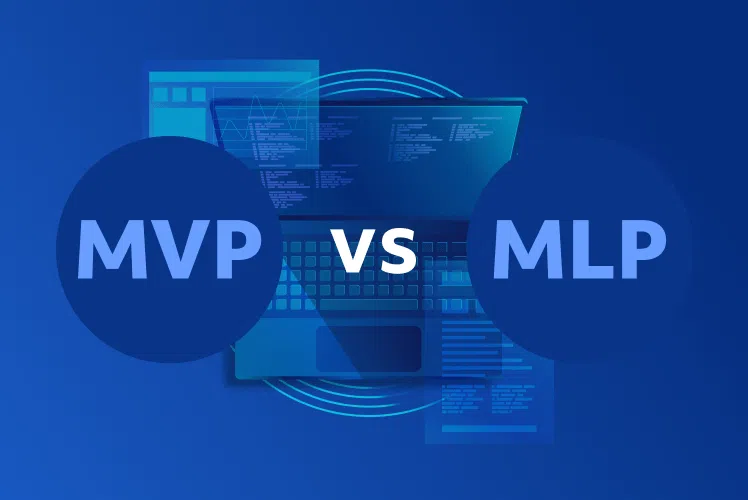Table of Contents
Outsourcing is an efficient method of cost-saving used both by big and small companies. Outsourcing is the practice of hiring an outside firm, unrelated to your own business, to perform work that the company itself would perform. Because of its effectiveness, outsourcing has become an industry on its own which is how the outsourcing market reached 104.6 billion dollars in 2015 (according to Statista research).
Big companies use outsourcing as a method to save costs. Companies that perform jobs on their own increase costs on every face, marketing, development, employee training and so much more. All of these costs end up affecting the cost of the actual service or product you’re selling and that deters customers. A company saves a huge chunk of these costs by outsourcing and this provides the company the opportunity to sell a product they can feasibly produce.

A smaller company might outsource work for some its specific operations, by hiring remote candidates with narrow expertise. The rare specialists can be founded and interviewed in a short time which helps to cover all small company’s needs. This way it helps keep it toe to toe with the bigger companies it’s in competition with.
Today we look at the real pros and cons of outsourcing as compared to in-house production and hopefully you as a company can decide what option fits your business objectives best.
The Pros and Cons of In-House Production
Pros:
- The most immediate advantage of having in-house production is having your employees on site. The employees that are responsible for creating the product or providing the services are aware of the nature of the job almost from day one. Any issues that may arise can be dealt with immediately and there isn’t a delay or lag should an issue occur.
- The employee you hired went through your training and you probably hired after a tough vetting and interview. They should be therefore extremely capable of doing the job you want them to.
- All development is under one organizational structure and under your supervision. Therefore the development cycle can be observed for improvement at every step to ensure good quality. Feedback time is very quick.
Cons:
- There are a lot of hidden costs. Costs you never would have thought of. Costs of setting up, buying equipment, finding a production house. The cost of maintaining employees too is immense and probably unforeseen by ambitious business people when starting businesses Expenses such as payroll taxes, health insurance, paid time off, traveling, vacations and sick leaves, pension contributions, and other expenses.
- The overall costs of operations of business is always going to be higher.
- Scaling is difficult. Letting go of employees maybe cost a lot because of severance packages and long-term contracts.
- Hiring new employees is a task in itself. Going through application, spending time with training them and the potential of losing them to competitors after all that. It can be extremely frustrating.
The Pros and Cons of Outsourcing
Pros:
- The biggest advantage and factor business owners consider when choosing outsourcing is saving costs. Outsourcing cuts the fixed costs into variables and the business can start to run without having too many hiccups in the early stages. Investment can be focused on the revenue-producing factors of the business which is a good thing for investors themselves.
- The labors costs mentioned to hire and maintain an employee are reduced. An employee might not even fulfill your expectations even after training. If you’re running a project-based business, hiring employees for that project and then figuring out what to do with them after its done is pretty frustrating.
- New projects can be started almost immediately. If you’ve hired a capable outsource firm, they’ll be capable of starting right away as compared to in-house production where you’ll have to find the right employees, train them, find an actual ‘house’ to produce in (if operations aren’t handled in your building)
- Small business that would otherwise be swamped with costs can compete toe to toe with larger companies. Outsourcing allows them to have availability to of the same resources presented to larger companies.
- Risk is assumed by the outsourcing company. Market competition, regulations, financial conditions and resource availability are all variables that affect a business. An outsourcing company probably knows a lot more on how to avoid risks in their fields of expertise.
- Highly Scalable. Outsourcing is a great option when you need to hire more people to keep up with the project, but you have a bounded budget. Partner company takes responsibility for the appropriate specialists’ selection and onboards them quickly. The same applies when you achieve certain milestones and need to scale back the size of the team.
Cons:
- Feedback time and method is higher than in the in-house model. Often outsourced companies are in different time zone and if an issue were to occur, you’d have to wait a certain time to solve it.
- An outsourcing company is managing different projects at a time that means team works in the operative mode.
The cost of in-house development varies state to state, country to country and so does the cost of outsourcing. Consider all possibilities when starting a business like whether or not you’ll have a close and frequent relationship with your client, the nature of your product as well as your own abilities such as cost and expertise. However, if the outsourcing company is reliable and has good reputation all the outsourcing problems disappear and company gets an excellent service without the headache that comes from acquiring, managing and maintaining resources internally.


Comments